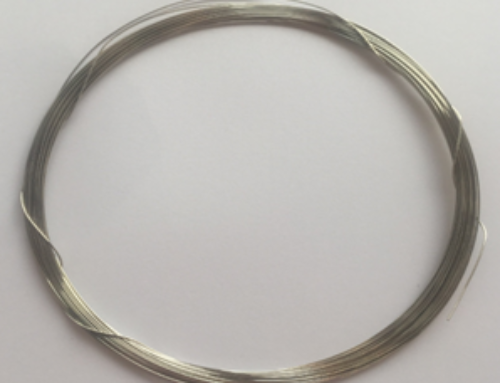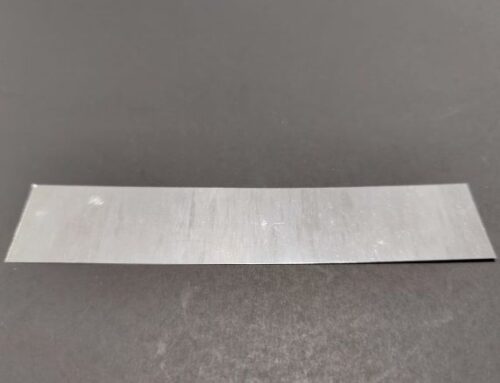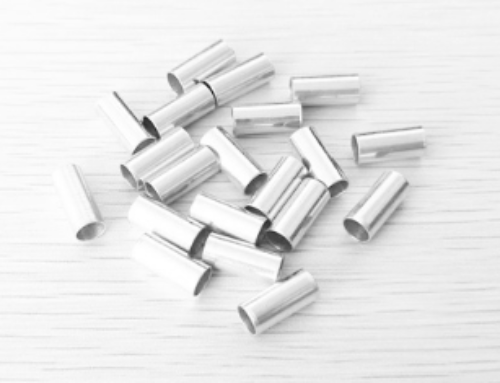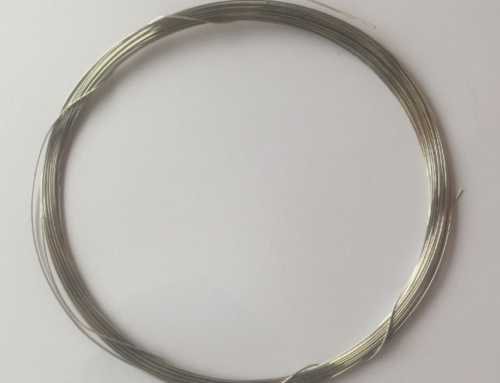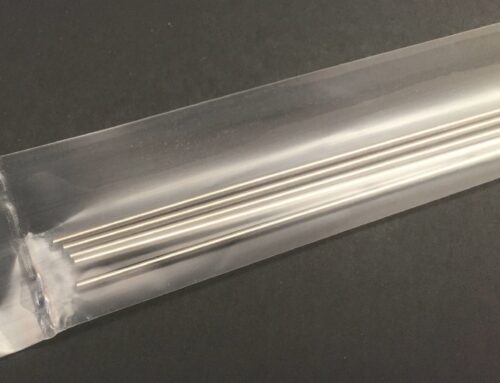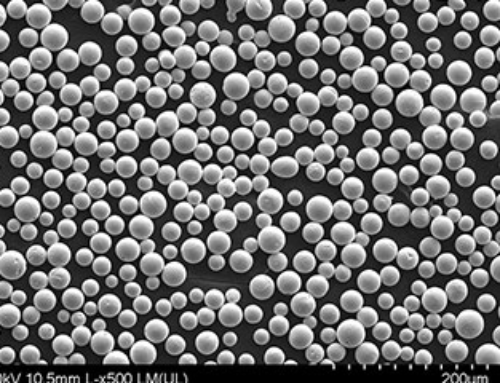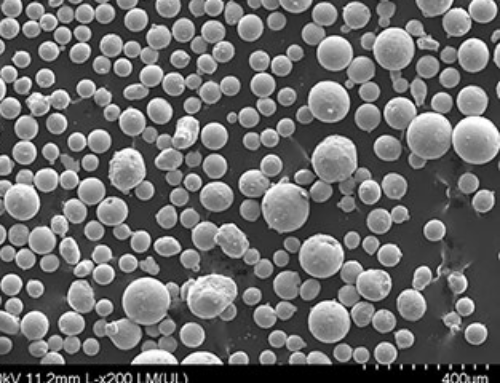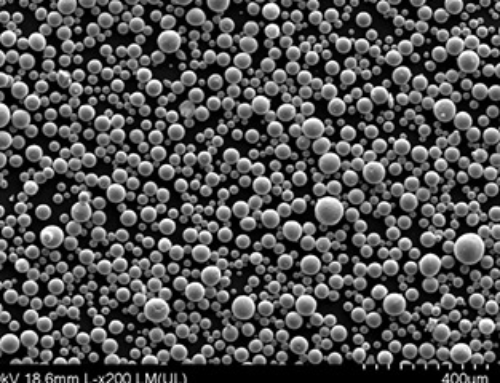Nichrome (Ni80Cr20) Wire
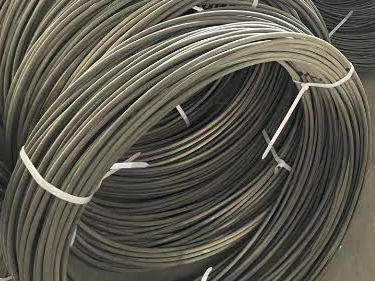
| Product | Nichrome (Ni80Cr20) Wire |
| Part Number | Ni03 |
| Density | 8.3 g/cm3 |
| Synonyms | Nickel Chromium Wire, Ni80Cr20 Wire, Cr20Ni80 Wire, Ni-Cr Wire, Ni-Cr Alloy Wire |
Nickel Chromium (Ni80Cr20, Cr20Ni80) is a resistance electrothermal alloy. It has stable structure, stable electrical and physical properties. It also has good mechanical properties at high temperature, good cold deformation plasticity, good weldability, and long-term use without brittle fracture. It is mainly used for manufacturing household appliances and heating elements with working temperature below 1000°C, with long service life.
The Nichrome Wire (Ni80Cr20) can be supplied in either a bright, shiny silver color or an oxidized dark green (natural) finish. The wire with the bright silver color is mainly used for weaving wire mesh and plating/coating. The wire with the oxidized color is mainly used in annealing furnace, oven and bell type furnace under 1050°C.
Advantages:
Uniform heating, long life (up to 6-8 years), etc. It is mainly used in heat treatment equipment, with the advantages of non brittleness, not easy to break and strong oxidation resistance.
NCE can provide the Nickel Chromium alloy products in various shapes, like the wires, strips and foils. Other alloys like Cr30Ni70, Cr20Ni40, Cr15Ni60 are also available on request. Please contact us for more details. Get a Quote Now!
Typical Specification – Ni80Cr20
| Ni | Cr | Si | C | Mn | P | S | Fe | Al |
| Remainder | 20.0~23.0% | 0.75~1.60% | ≤0.08% | ≤0.6% | 0.02% | 0.015% | ≤1.0% | ≤ 0.5% |
Typical Sizes Available
Diameter range: 0.04’’ to 0.4’’ in coils. More dimensions are available on request.
Order Information
Inquiries and orders should include the following information:
- Quantity
- Dimensions
- Special requirements, if any.
Packing and Storage
Standard Packing: coils loaded in carton box or wooden boxes. Special packing requirement is available on request.
Physical Properties – Nichrome Wire (Ni80Cr20)
| Form | Solid |
| Melting Point | 1400°C |
| Resistivity at 20°C | 1.09 (μΩ·m) |
| Specific heat at 20°C | 0.46 (J∕g·°C), 0.11 (Cal∕g·°C) |
| Resistance temperature coefficient 10-6∕K (20~100°C) | 50 |
| Average linear expansion coefficient10-6∕K (20~100°C) | 13 |

